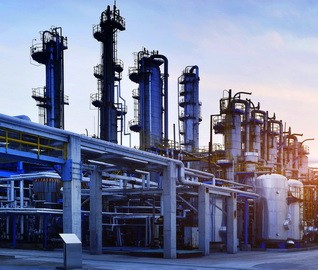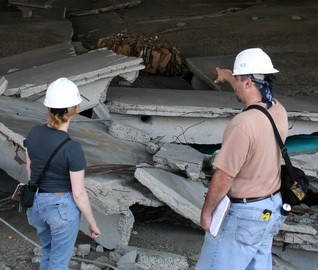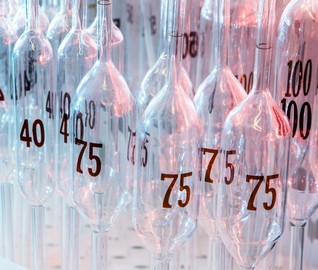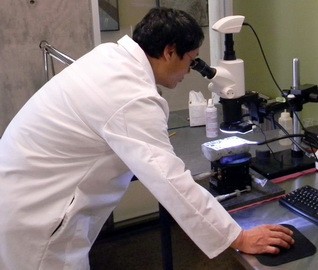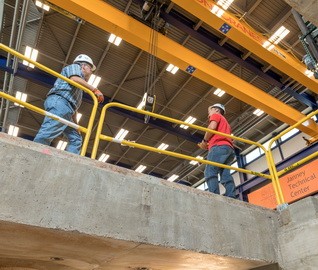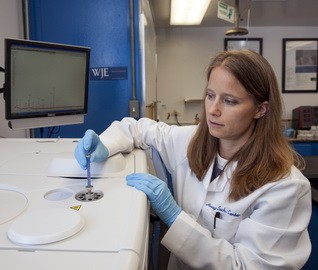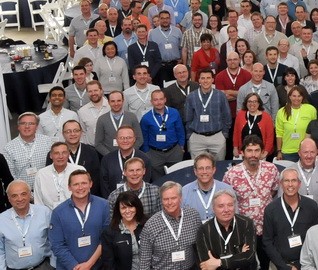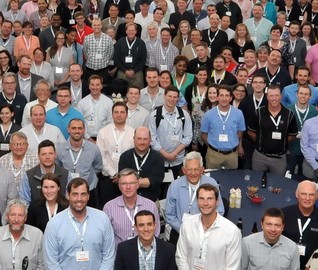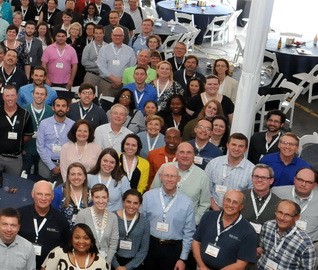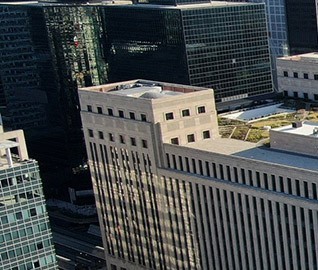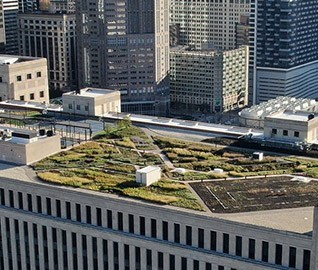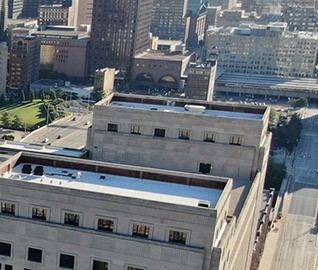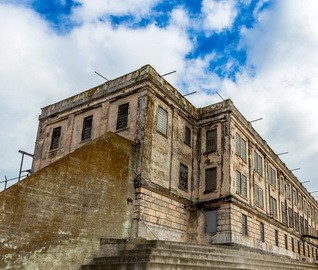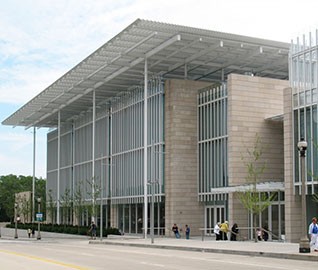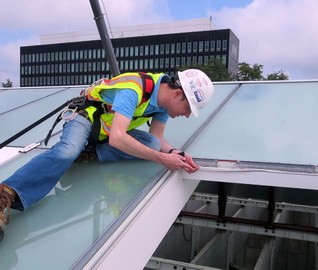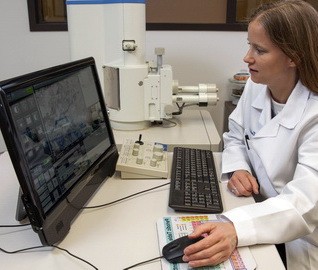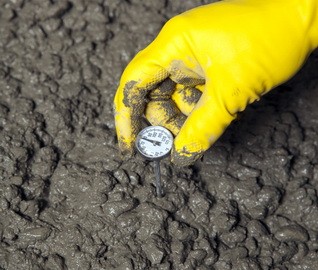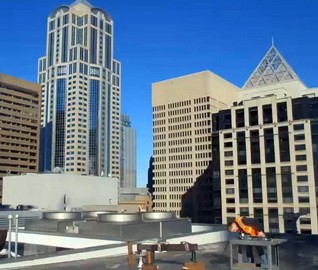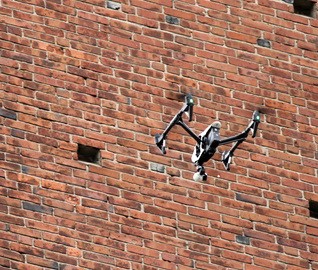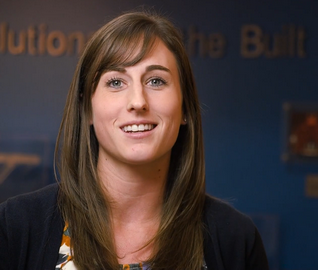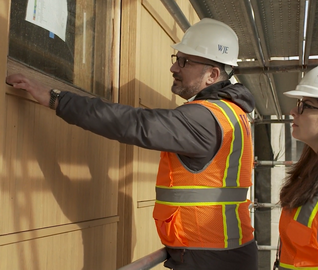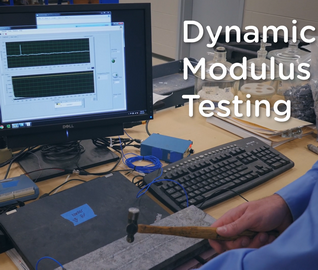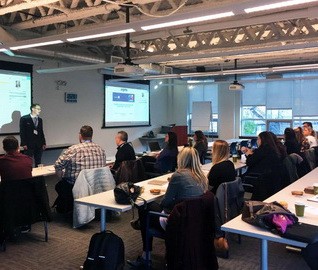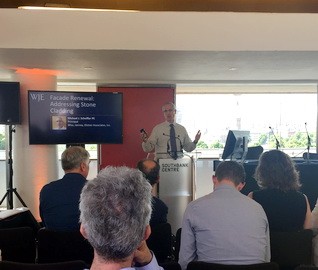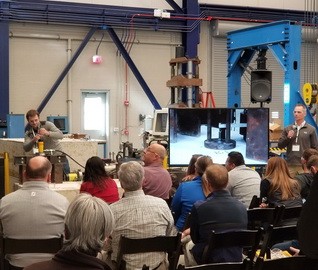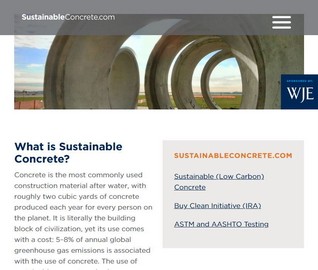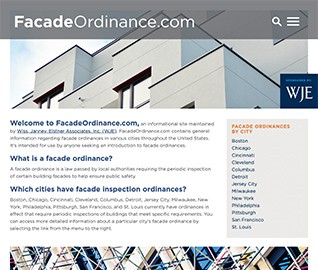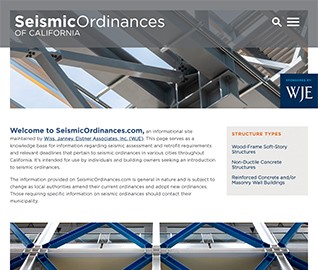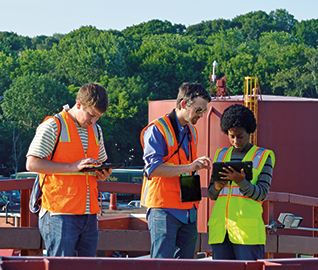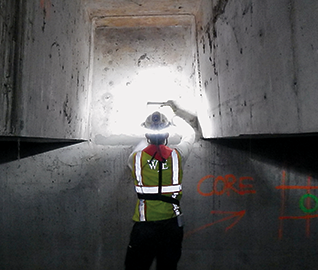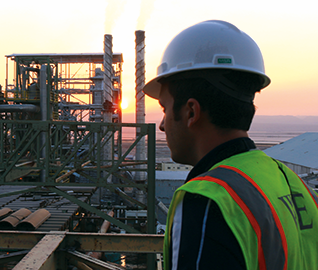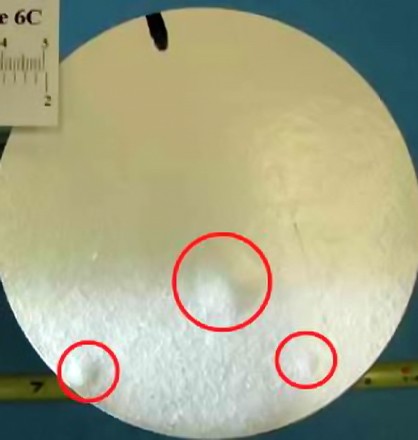
Alkali-silica reaction (ASR) is a common distress mechanism associated with certain aggregates in portland cement concrete. ASR occurs when glassy, cryptocrystalline, microcrystalline, or physically strained silica (all chemically SiO2) reacts with the alkaline pore solution in the concrete and forms a gel that expands as it absorbs water. Small amounts of potentially ASR-reactive particles are common in many aggregates. These particles may or may not be destructive, depending on their reactivity, quantity and size, alkali contents in the mixture, and moisture exposure.
This article was originally published in Concrete International, the official publication of the American Concrete Institute.
RELATED INFORMATION
-
 Kevin A. Michols, Principal and Janney Technical Center Special AdvisorWJE Northbrook MORE >People | Kevin A. Michols, Principal and Janney Technical Center Special Advisor
Kevin A. Michols, Principal and Janney Technical Center Special AdvisorWJE Northbrook MORE >People | Kevin A. Michols, Principal and Janney Technical Center Special Advisor -
 Todd Nelson, PrincipalWJE Northbrook MORE >People | Todd Nelson, Principal
Todd Nelson, PrincipalWJE Northbrook MORE >People | Todd Nelson, Principal -
 Terrence M. McGovern, Associate PrincipalWJE Denver MORE >People | Terrence M. McGovern, Associate Principal
Terrence M. McGovern, Associate PrincipalWJE Denver MORE >People | Terrence M. McGovern, Associate Principal -
 Richard A. Cechner, Senior AssociateWJE Northbrook MORE >People | Richard A. Cechner, Senior Associate
Richard A. Cechner, Senior AssociateWJE Northbrook MORE >People | Richard A. Cechner, Senior Associate -
 Xiaoqiang Hou, Associate PrincipalWJE Northbrook MORE >People | Xiaoqiang Hou, Associate Principal
Xiaoqiang Hou, Associate PrincipalWJE Northbrook MORE >People | Xiaoqiang Hou, Associate Principal -
 WJE's Janney Technical Center (JTC) provides advanced testing and forensic capabilities to... MORE >Labs | Janney Technical Center
WJE's Janney Technical Center (JTC) provides advanced testing and forensic capabilities to... MORE >Labs | Janney Technical Center -
 Whether investigating a specific project challenge or collaborating with government agencies on... MORE >Services | Research
Whether investigating a specific project challenge or collaborating with government agencies on... MORE >Services | Research -
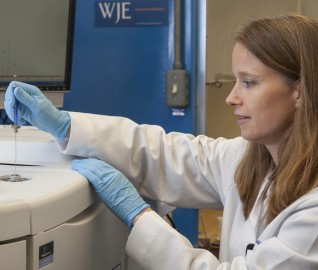 Our materials scientists provide comprehensive consulting services for the evaluation and... MORE >Services | Materials Evaluation and Testing
Our materials scientists provide comprehensive consulting services for the evaluation and... MORE >Services | Materials Evaluation and Testing


